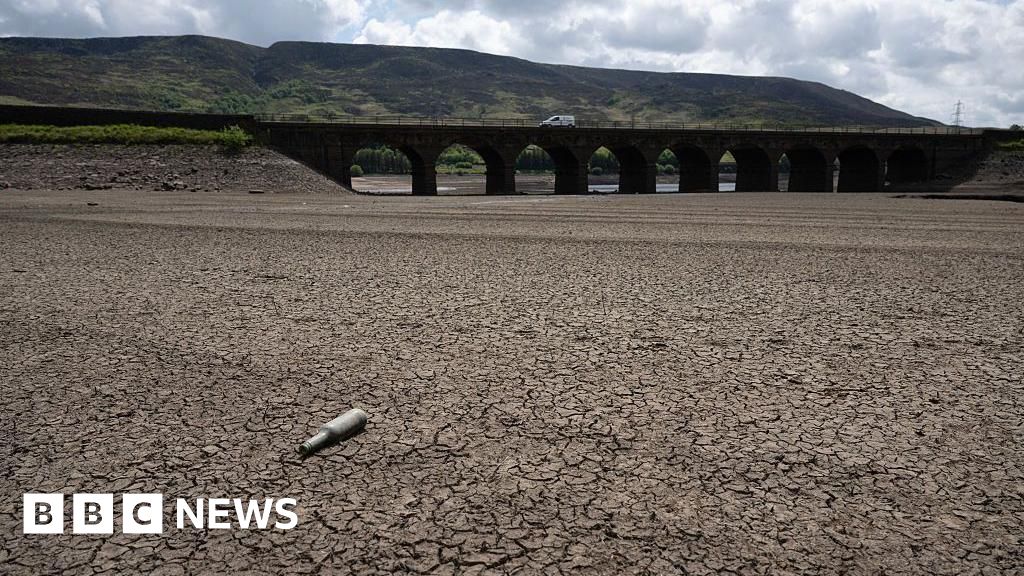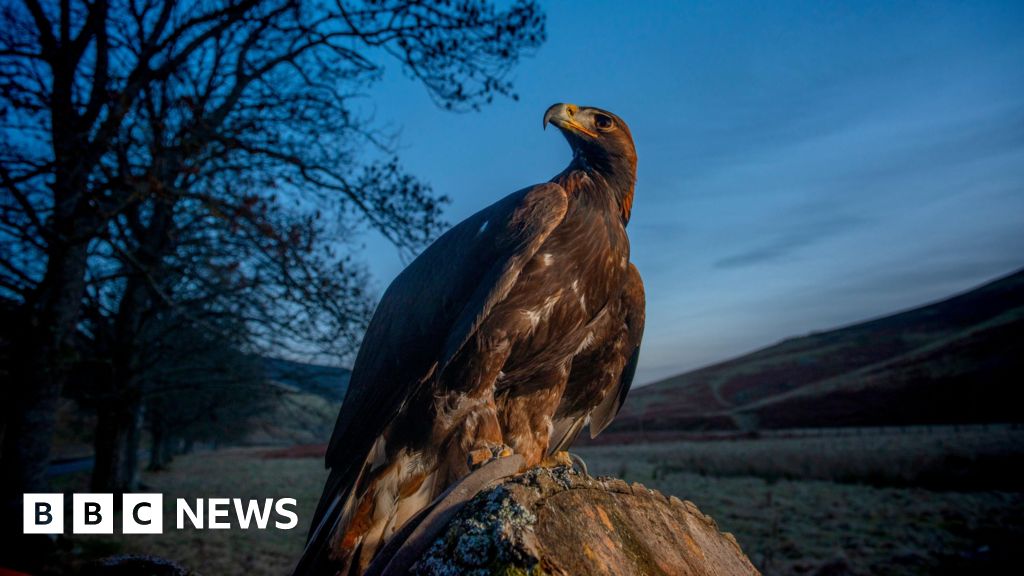ARTICLE AD BOX
Volcanoes were erupting on the mysterious far side of the moon billions of years ago, US and Chinese researchers have found.
Analysis of samples collected by a Chinese mission found basalt (volcanic rock formed after an eruption) fragments dating back more than 4.2 billion years.
The findings were published in the Nature and Science journals on Friday.
While scientists already knew of volcanic activity on the near side of the moon, which we can see from Earth, the "dark side" is very different in its geology, and remains largely unexplored.
The rock and dust samples - the first to be retrieved from the far side of the Moon - were collected by the Chang’e-6 spacecraft, following a nearly two-month long mission which was fraught with risks.
Led by experts from the Chinese Academy of Sciences, researchers used radiometric dating to determine the age of the volcanic rock.
Their analysis also revealed a "surprisingly young" eruption occurred some 2.83 billion years ago, something which has not been found on the near side of the Moon.
"This is an incredibly exciting study", Professor Qiuli Li from the Institute of Geology and Geophysics wrote in a detailed peer review.
"It is the first geochronology study to come from the Chang’e-6 samples, and will be of immense importance to the lunar and planetary science community."
While it is widely known as the "dark side", this part of the Moon actually gets plenty of sunlight - we just don't see it.
This is because the Moon is tidally locked to Earth, and takes the same amount of time to orbit our planet - about 27 days - meaning the same side always faces us.
The first image of the far side was captured in 1959 by the Soviet spacecraft, Luna 3. They were grainy, but gave Earthlings a glimpse at the Moon from a different angle.
There have been several higher quality images beamed back since, including an extraordinary Nasa video showing the Moon from the far side, with Earth in the background.
And earlier this year, during the Chang'e-6 mission, a small roving vehicle was deployed to take a selfie of the lander sitting on the far side's rocky surface.

 6 months ago
43
6 months ago
43








 English (US) ·
English (US) ·